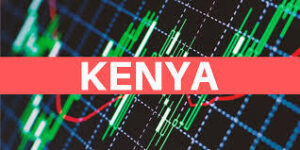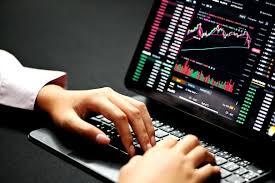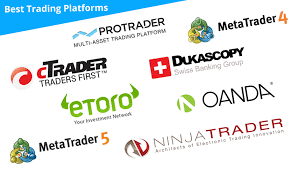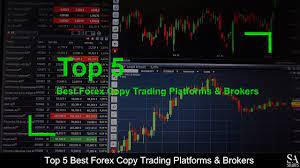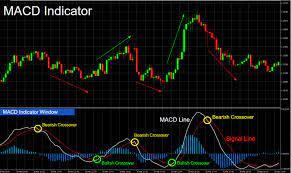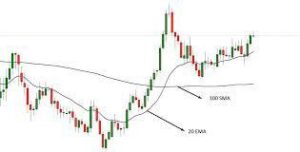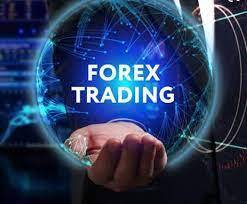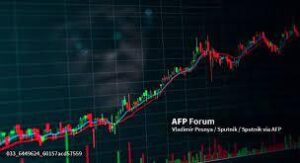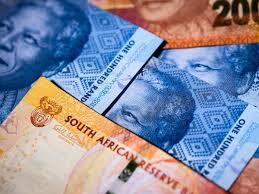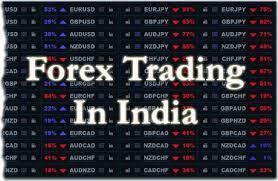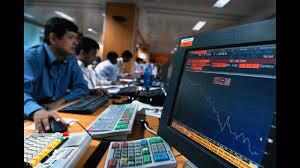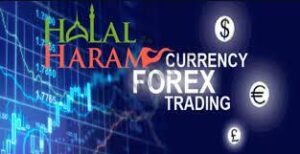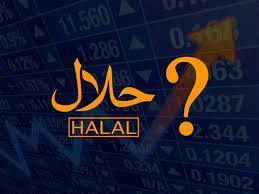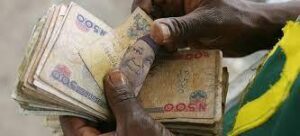Introduction
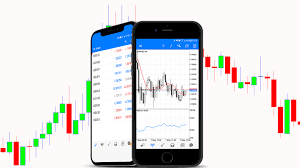
Forex trading has become increasingly popular in recent years due to its potential for high returns and low barriers to entry. With the advent of technology, it is now possible to trade forex from anywhere, at any time, through the use of best forex trading app. But with so many options available, how do you choose the best forex trading app for your needs? In this comprehensive guide, we’ll explore the top forex trading apps, their features, and what to look for when choosing the best app for you.
Top Forex Trading Apps: A Quick Overview
- MetaTrader 4 (MT4)
MetaTrader 4 (MT4) is the most widely used forex trading app in the world, offering a comprehensive suite of tools and features for both beginner and experienced traders. It offers advanced charting tools, custom indicators, and a large library of automated trading strategies. MT4 also allows you to access news and analysis from a variety of sources, and it is available on desktop and mobile devices.
- cTrader
cTrader is a cutting-edge forex trading platform that offers a range of features and tools designed to help you make informed trading decisions. It includes a suite of advanced charting tools, as well as an extensive library of custom indicators and automated trading strategies. cTrader also offers access to real-time market data and news, making it a popular choice among experienced traders.
- TradingView
TradingView is a cloud-based trading platform that offers a range of advanced charting and analysis tools for forex traders. It includes real-time market data, customizable indicators, and a library of automated trading strategies. TradingView also allows you to access news and analysis from a variety of sources, and it is available on desktop and mobile devices.
- eToro
eToro is a social trading platform that offers a range of features and tools designed to help you make informed trading decisions. It includes advanced charting tools, customizable indicators, and a library of automated trading strategies. eToro also allows you to access news and analysis from a variety of sources, and it is available on desktop and mobile devices.
- Thinkorswim
Thinkorswim is a comprehensive trading platform offered by TD Ameritrade. It includes a suite of advanced charting tools, custom indicators, and a library of automated trading strategies. Thinkorswim also offers real-time market data and news, and it is available on desktop and mobile devices.
What to Look for When Choosing a Forex Trading App
- User-Friendliness
The first thing to consider when choosing best forex trading app is its user-friendliness. Look for an app that is easy to navigate and use, with clear and concise navigation menus, and customizable charts and graphs. The best forex trading apps will also have a comprehensive set of educational resources to help you learn the ropes and improve your trading skills.
- Trading Tools
The best forex trading apps will also offer a range of advanced trading tools, such as charting tools, custom indicators, and automated trading strategies. Look for an app that provides real-time market data, news and analysis, and customizable alerts to help you stay on top of market trends and make informed trading decisions.
- Security
When choosing a forex trading app, it is essential to ensure that it offers robust security features to protect your account information and trading activity. Look for an app that offers multi-factor authentication, encryption, and secure data storage.
- Customer Support
Another important factor to consider when choosing best forex trading app is the quality of customer support. Look for an app that offers 24/7 customer support via phone, email, or live chat. Additionally, a good forex trading app will also have a comprehensive FAQ section, educational resources, and an active community where you can connect with other traders and receive support and advice.
- Fees and Commissions
When trading forex, it is important to consider the fees and commissions associated with the best forex trading app. Look for an app that offers competitive fees and commissions, and avoid apps that charge hidden fees or have high minimum deposit requirements. Additionally, some forex trading apps may also offer promotions and bonuses, so be sure to compare the costs and benefits of each app before making a decision.
- Availability
Finally, consider the availability of the forex trading app. Look for an app that is available on both desktop and mobile devices, and that is compatible with multiple operating systems. This will allow you to trade forex from anywhere, at any time, and stay connected to the market even when you are on the go.
In conclusion, choosing the best forex trading app is an important decision that will impact your trading success. By considering factors such as user-friendliness, trading tools, security, customer support, fees and commissions, and availability, you can find an app that meets your specific needs and helps you achieve your trading goals. With the right app, you can trade forex with confidence and achieve financial freedom.
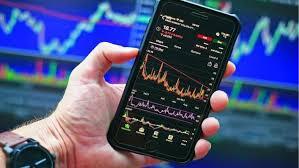
Benefits of Forex Trading with a Mobile App
Forex trading through a mobile app has several benefits, including:
- Convenience and Flexibility
Forex trading apps allow you to trade forex from anywhere, at any time. This means that you can monitor your trades and make decisions even when you are on the go. This level of convenience and flexibility makes forex trading accessible to everyone, regardless of their location or schedule.
- Real-Time Data and Analysis
Forex trading apps provide real-time market data and analysis, which can be crucial in making informed trading decisions. With real-time updates and news, you can stay up-to-date with the latest market trends and take advantage of opportunities as they arise.
- Advanced Trading Tools
Forex trading apps offer advanced trading tools, such as charting tools, custom indicators, and automated trading strategies. These tools can help you make informed decisions, and increase your chances of success.
- Cost-Effective Trading
Forex trading through a mobile app is often more cost-effective than traditional forex trading. With lower minimum deposit requirements and competitive fees and commissions, you can start trading forex with a smaller investment.
- Social Trading and Community Support
Some forex trading apps offer social trading features, allowing you to connect with other traders and share strategies and insights. This can be a valuable resource for new traders, who can learn from experienced traders and receive support and advice.
Tips for Successful Forex Trading with a Mobile App
To ensure success with forex trading through a mobile app, it is important to follow these tips:
- Develop a Trading Plan
Before you start trading forex, it is important to develop a trading plan. This should include your goals, risk tolerance, and a strategy for how you will trade. Your trading plan should also take into account the time and resources you are willing to invest.
- Educate Yourself
Forex trading requires a certain level of knowledge and understanding of the markets. Be sure to educate yourself on the basics of forex trading, as well as the various trading strategies and tools available. Many forex trading apps offer educational resources, including videos, tutorials, and articles, which can help you improve your skills and knowledge.
- Manage Risk
Forex trading involves risk, and it is important to manage your risk effectively. Be sure to use stop-loss orders to limit your losses and protect your capital. Additionally, avoid over-leveraging your account, and only trade with money you can afford to lose.
- Stay Disciplined
Successful forex trading requires discipline, patience, and consistency. Stick to your trading plan, and avoid making impulsive decisions based on emotions or market noise. Remember that success in forex trading takes time and persistence, and stay focused on your long-term goals.
Conclusion
Forex trading through a mobile app is a convenient and cost-effective way to trade forex from anywhere, at any time. With the right app, you can access real-time market data, advanced trading tools, and educational resources, and increase your chances of success. By following the tips outlined in this article, you can trade forex with confidence and achieve your financial goals.
